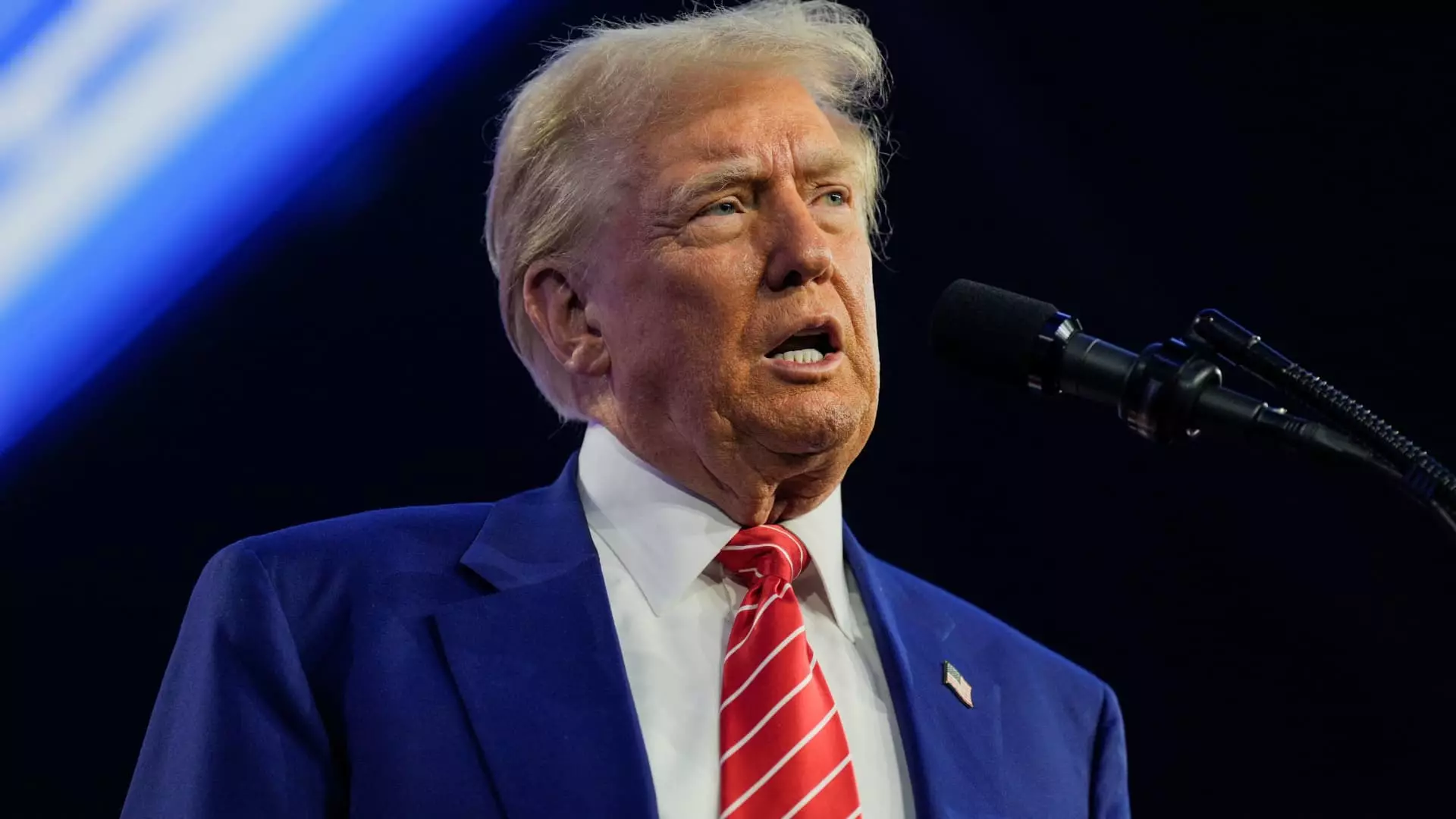The ongoing saga surrounding TikTok, the widely popular social media platform owned by China’s ByteDance, has recently captured national attention as President-elect Donald Trump has made a significant appeal to the Supreme Court. On January 19, a law prohibiting TikTok from operating in the U.S. if not sold to an American entity is set to take effect. This law arises from heightened concerns over national security and the potential influence of the Chinese government over American users’ data. As legal cases advance, this platform remains at the intersection of tech, politics, and public sentiment.
The legal basis for the contested ban is grounded in the Protecting Americans from Foreign Adversary Controlled Applications Act, which received bipartisan support in Congress and was signed into law by President Joe Biden. This legislation mandates that TikTok’s Chinese parent company must divest its operations in the United States. Failing to meet this requirement would result in an outright ban of the platform, aiming to ensure that sensitive data remains secure from foreign adversaries.
In a pivotal motion, Trump’s legal counsel, D. John Sauer, filed a request to the Supreme Court to pause this implementation. By doing so, Trump hopes to utilize his forthcoming presidency to negotiate a political remedy to the situation before the court’s impending verdict determines TikTok’s fate. Importantly, Trump refrains from taking a definitive stance on the merits of the case. Instead, he argues for space to potentially engage in limelight negotiations which could alter the trajectory of the platform’s future.
National Security and Its Repercussions
The backdrop of national security looms heavily over TikTok, with U.S. government officials expressing apprehension regarding the app’s influence. The primary contention is that the app may facilitate access to sensitive data and allow the Chinese government to manipulate content viewed by American users. A recent ruling from the U.S. Court of Appeals for the District of Columbia Circuit endorsed the government’s perspective, reinforcing that valid security concerns underpin the law’s enactment.
Conversely, TikTok has mounted a vigorous defense against such claims, asserting that a ban infringes upon free speech as protected by the First Amendment. This assertion positions the discourse within the broader context of civil liberties versus national security. The implication of this legal battle suggests that, while the government aims to maintain robust national defenses, the rights of individual users cannot be overlooked, as they are entitled to express themselves freely on platforms like TikTok.
In a marked shift from his previous stance during his presidency, when he sought to impose a ban on TikTok, Trump has expressed a newfound interest in brokering a deal. This apparent turnaround was highlighted during a meeting with TikTok CEO Shou Zi Chew, sparking speculation about a possible reconciliation between Trump’s political aims and TikTok’s survival. The narrative of Trump as a dealmaker reflects the broader persona he cultivated during his time in office, appealing to those who value negotiations over confrontational politics.
This situation reveals the delicate game of balancing public sentiment, legal stipulations, and political maneuverings. Trump asserts that he possesses the unique expertise and electoral mandate necessary to achieve a resolution, a claim that echoes his branding as a consummate negotiator. How this political resolution unfolds remains to be seen, especially as the Supreme Court prepares for its upcoming deliberations.
The Bigger Picture: Cultural Impact and User Reactions
Beyond the legal and governmental implications, there is an undeniable cultural dimension to TikTok’s significance in American society. As a platform that has revolutionized how creativity and content consumption intersect, TikTok has become a digital landscape where millions engage with one another, forging a community despite geographic barriers. Any action taken against such a platform could very well elicit backlash from its engaged user base, who may view governmental intervention as an infringement on their digital expression.
As the Supreme Court’s decisions come closer, the court’s ruling on this matter will not merely be a reflection of legal precedent but will undoubtedly signal broader societal attitudes towards foreign influence, national security, and the role of social media in modern life. The unfolding case of TikTok exemplifies how digital platforms have become entwined with national discussions about power, control, and democracy in the digital age, ultimately shaping not just policy but the very fabric of American public life.


Leave a Reply